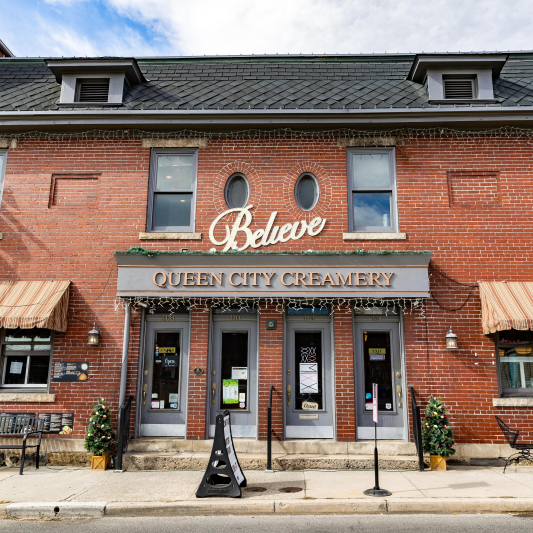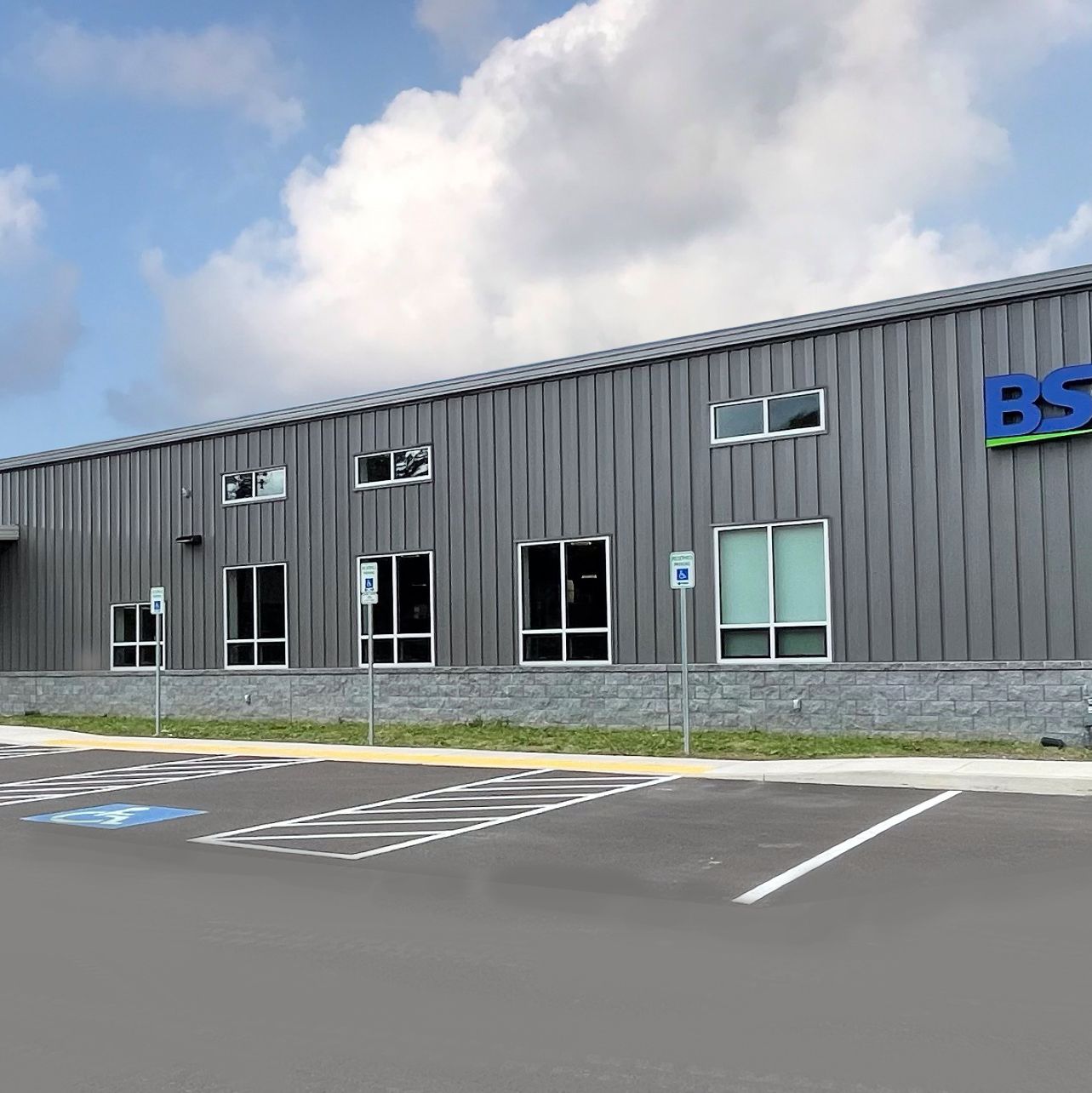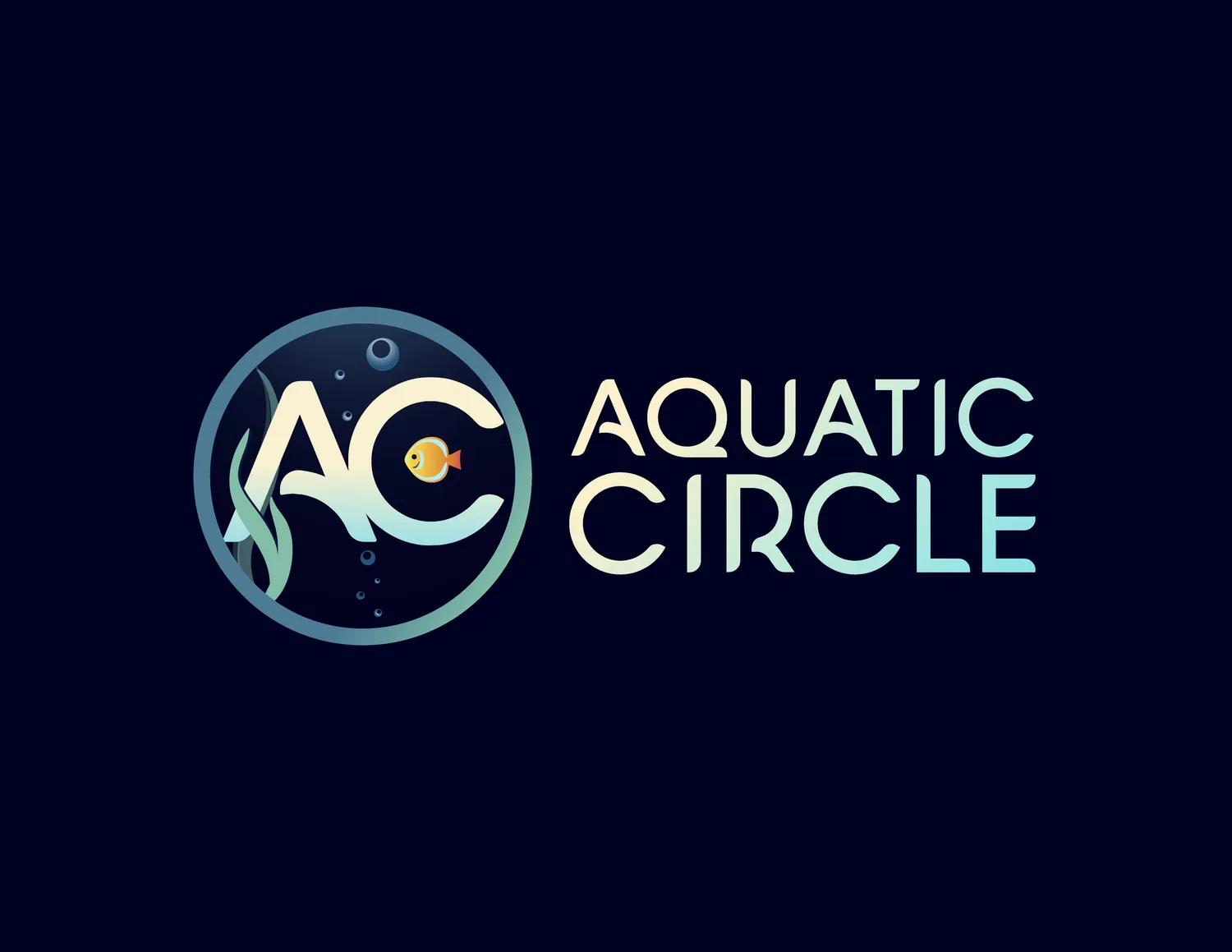
Aquatic Circle, an emerging leader in sustainable aquaculture water filtration technology, has secured a major boost in funding from the Maryland Industrial Partnerships (MIPS) program—an award that will help fast-track its entry into the industrial aquaculture sector. The funding supports a new collaboration with researchers at the University of Maryland Center for Environmental Science’s Appalachian Laboratory (UMCES) to develop and evaluate a self-cleaning water filtration system designed for brackish and saltwater shrimp farming.
This MIPS award is the latest in a series of strategic investments backing Aquatic Circle’s work, including support from TEDCO, the University of Maryland, and Allegany County’s CleanTech Research & Development Grant. These resources have enabled the startup to expand research, build and test prototypes, and move its innovative technology closer to commercialization.
“It always feels good when other people actually believe in what I believe in,” Minh Dung Hoang, founder of Aquatic Circle, said. “It’s hard to convince people that there’s new technology out there that actually might change the industry since the industry has existed for thousands of years.”
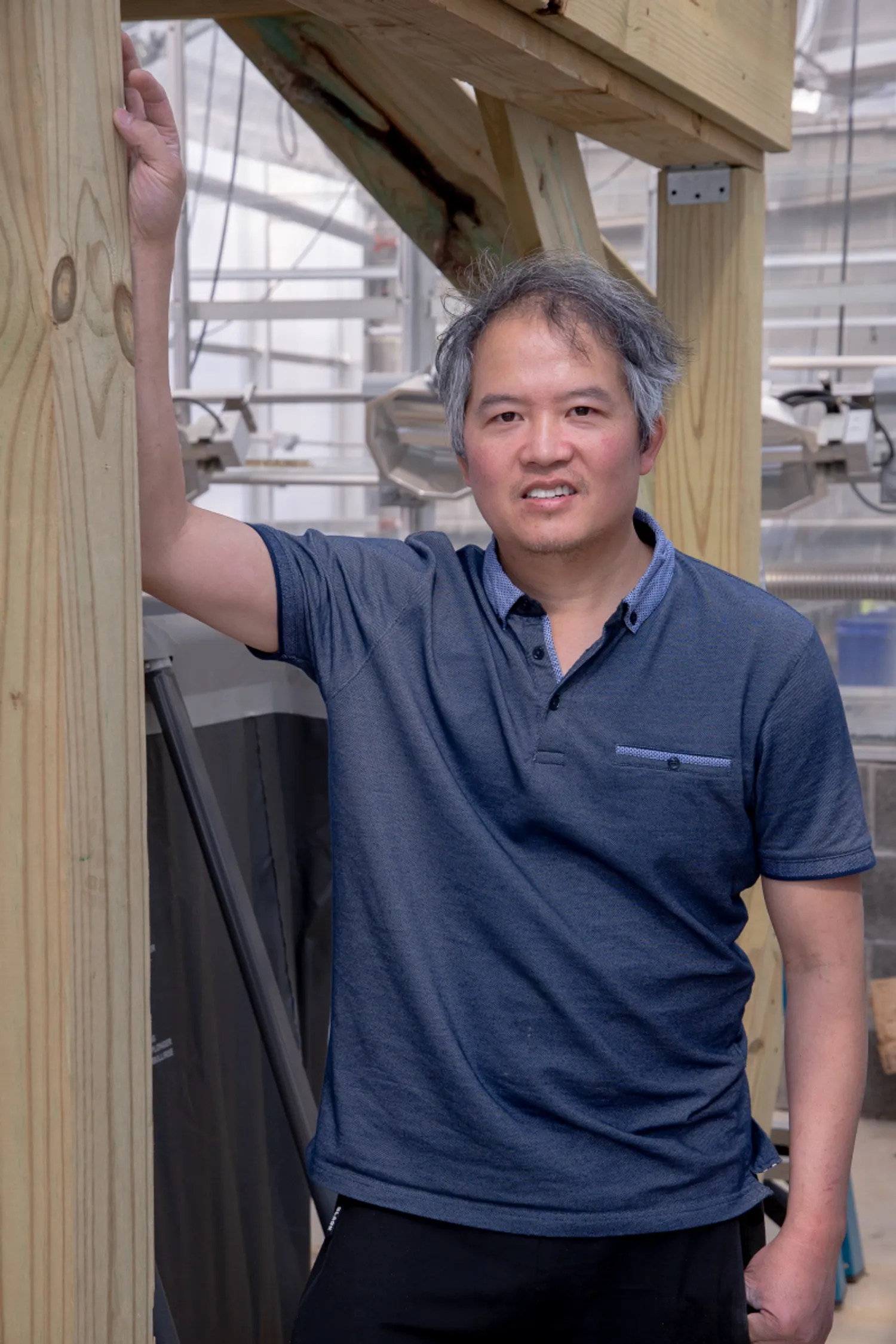
Founded to solve the simple challenge of keeping his family’s fish tank clean, Dung’s idea has evolved into a filtration technology that could significantly impact aquaculture—a global industry expected to reach $245 billion by 2027 (Globalnewswire, published by ReportLinker in March 2022). Since being selected for Allegany County’s Startup Program in June 2023, Aquatic Circle has advanced rapidly, expanding its product line and refining its systems for broader applications.
While finalizing his Aquaponic Planter—an innovative water filter for small-scale use—Dung has been developing a scalable, self-cleaning industrial filter to meet the needs of commercial aquaculture operations. The new design is driven by the high labor costs and water quality challenges faced by the industry.
“We started by scaling up our existing filtration technology, but we quickly realized industrial systems have different requirements,” said Dung. “Labor costs are one of the biggest challenges in aquaculture, so we developed a new, self-cleaning filter design, which will reduce these costs.”
"Our relationship with Aquatic Circle is a win all around as it allows us to fulfill our mission, the company to build their business, and both of us to create jobs while contributing to environmentally sustainable aquaculture," - David Nelson, Professor and Director of the UMCES Appalachian Lab
Traditional filtration systems require frequent water changes and a deep knowledge of aquaculture. Dung’s new design eliminates the need for water changes and filter cleaning unless repairs are necessary. This solution would significantly lower the cost of labor in this sector while improving sustainability by maintaining healthier water quality for aquatic life.
At UMCES’s Appalachian Laboratory, Dung is working alongside faculty to test and refine the prototype. Access to this research facility provides Aquatic Circle with state-of-the-art equipment and scientific expertise that accelerates product development. This collaborative environment has been key to Dung’s continued research.
"Providing scientific data to support environmental decision-making is part of our DNA at UMCES. Our relationship with Aquatic Circle is a win all around as it allows us to fulfill our mission, the company to build their business, and both of us to create jobs while contributing to environmentally sustainable aquaculture," said David Nelson, Professor and Director of the UMCES Appalachian Lab.
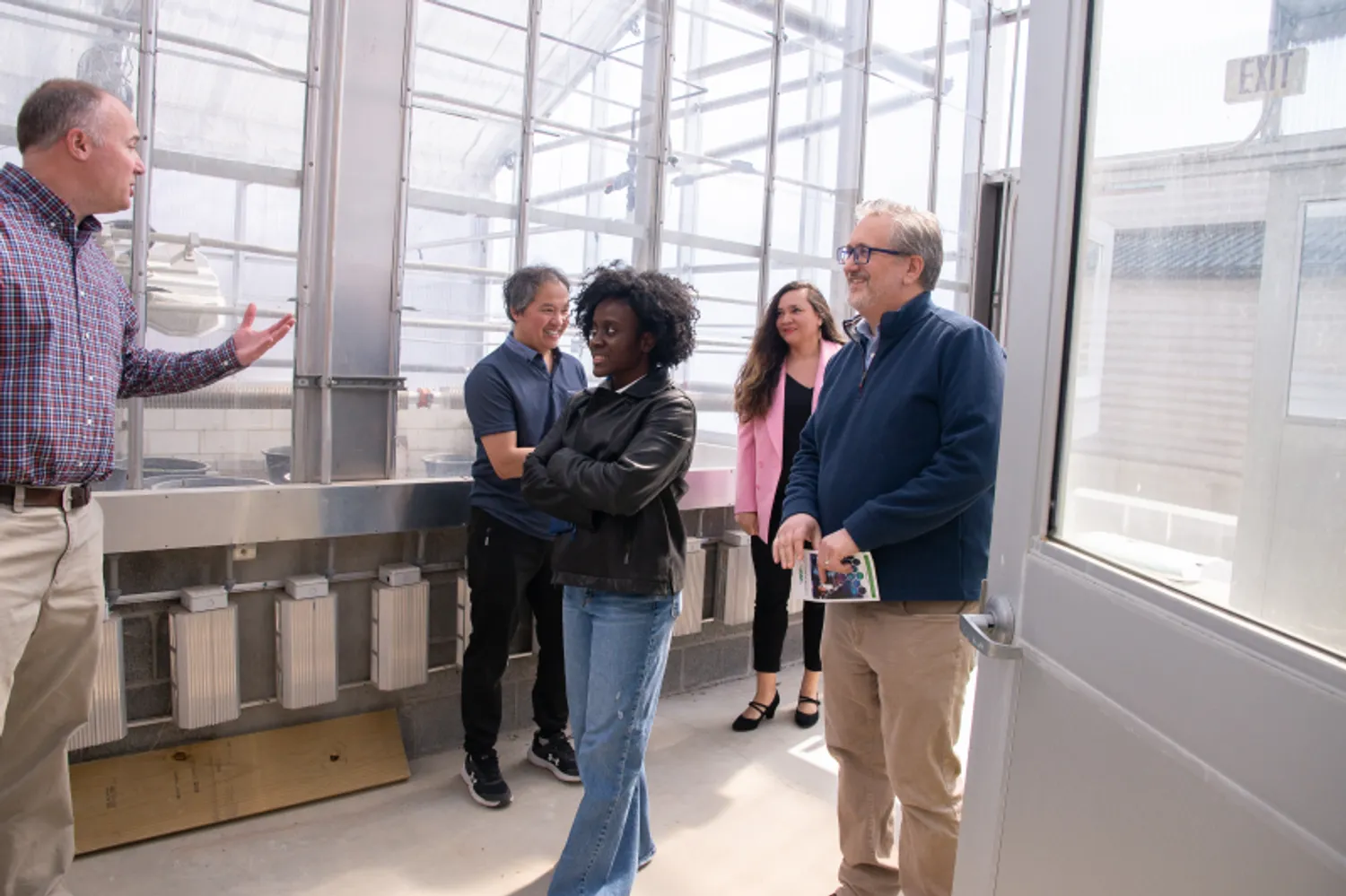
MIPS Director Joe Naft from the University of Maryland adds, "The Maryland Industrial Partnerships [MIPS] program supports Aquatic Circle’s collaboration with Keith Eshleman, professor at the University of Maryland Center for Environmental Science, based at Appalachian Laboratory, to evaluate the company’s aquaponics systems for indoor brackish and saltwater shrimp farming. With both the company and faculty member in Western Maryland, we hope to see the company release a valuable product for shrimp farming and create jobs in an important part of the state."
This new funding is essential to Aquatic Circle. Dung is juggling two major and costly projects, finalizing his initial water filter and starting this new industrial venture. These funds will all be used to develop and test the new industrial filter design.
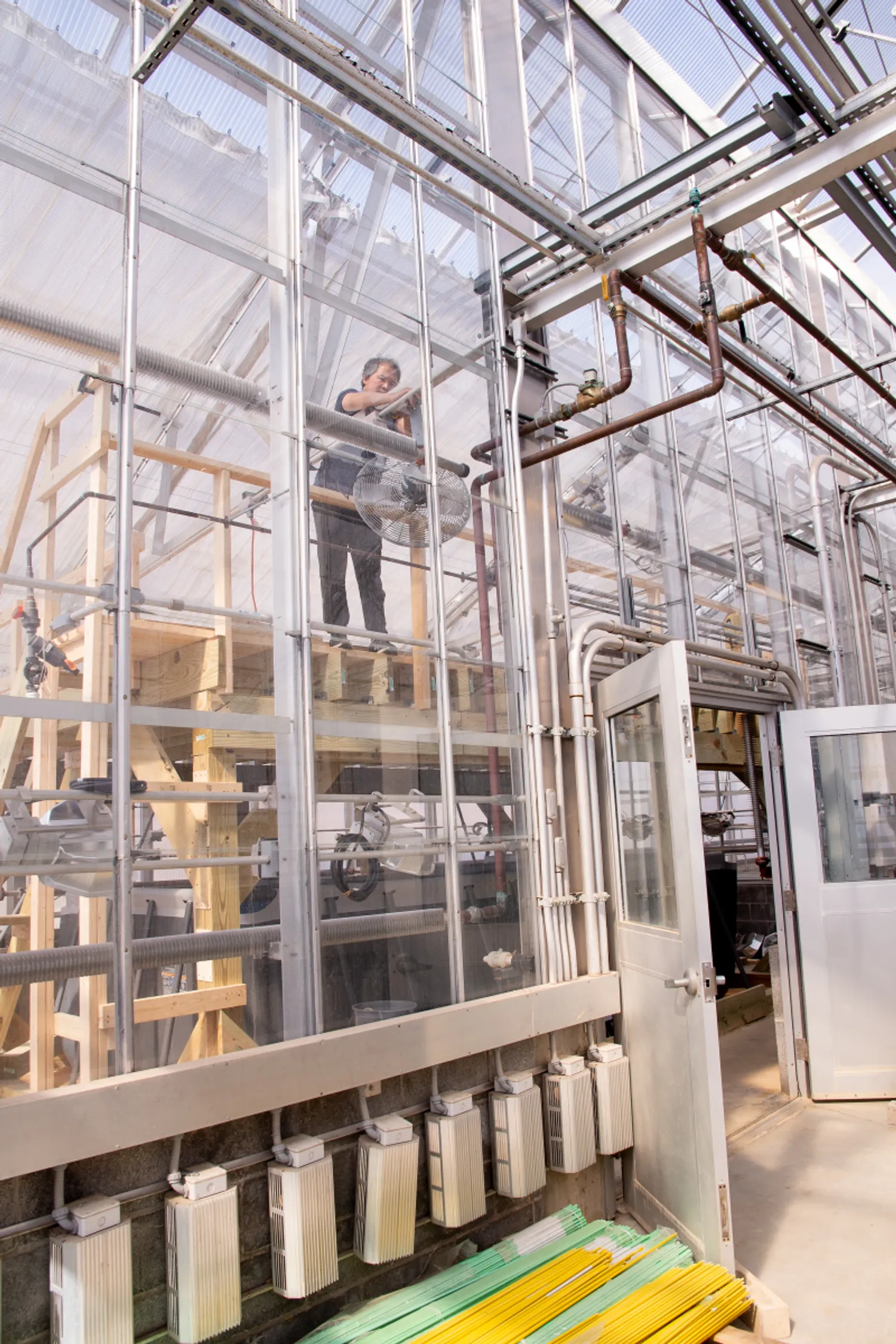
Allegany County’s Clean Tech Research and Development Program continues to support innovative businesses that contribute to the circular economy. Aquatic Circle’s work aligns with the program’s mission to drive sustainable economic development in the region.
“Investing in clean technology startups like Aquatic Circle is essential for building a more sustainable and resilient economy,” said Adam Strott, Economic Development Specialist in Allegany County. “By supporting companies that contribute to the circular economy, we’re driving innovation while creating new opportunities in Allegany County.”
With plans for expansion, Aquatic Circle will soon establish operations at The Acceleration Trail, Allegany County’s incubator for emerging businesses in the Environmental Technology and Innovation sector. This move will provide dedicated space for further research, development, and commercialization, positioning the company for long-term success
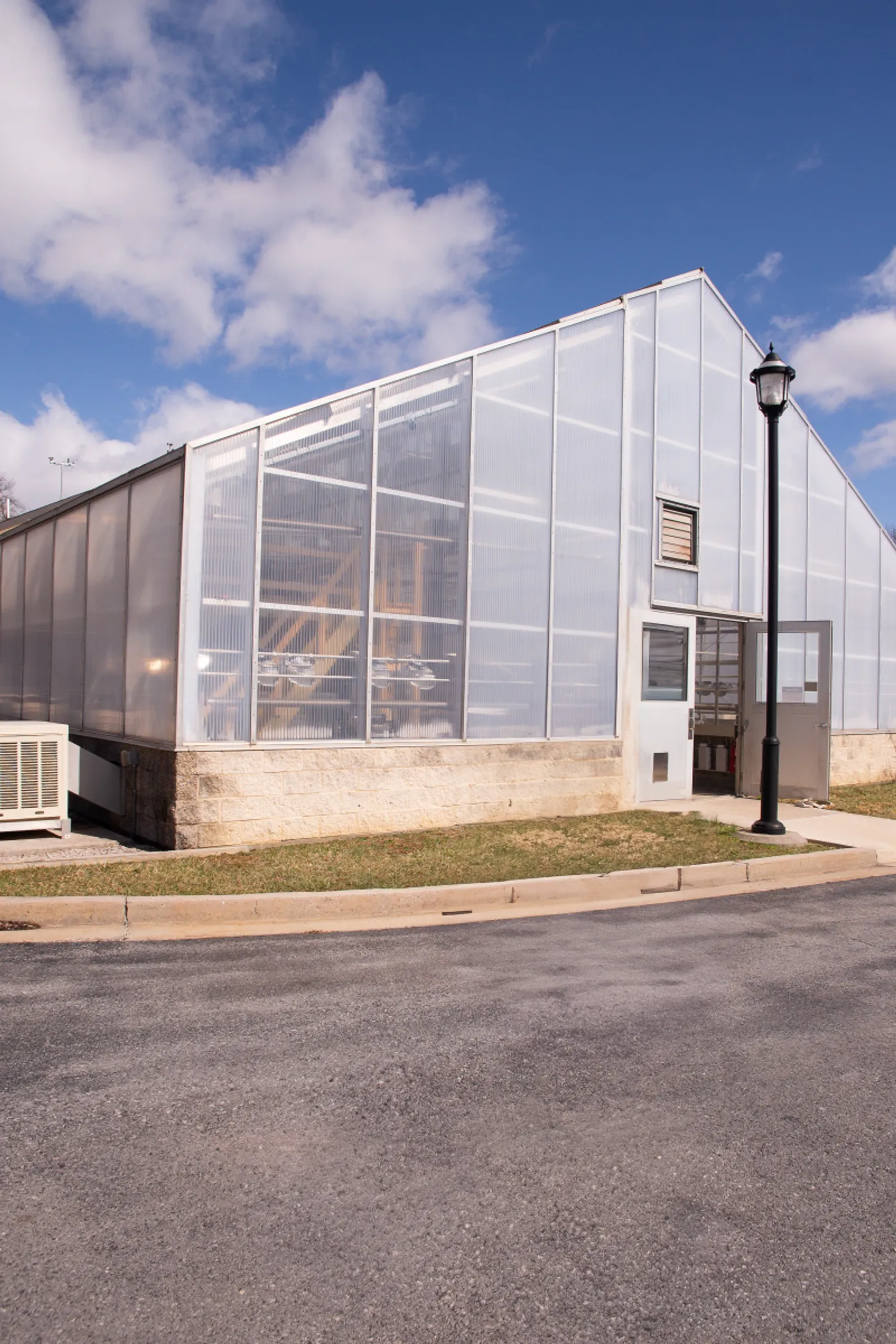
“There are a lot of companies that are startups, and I'm sure that they’re in the same situation as my company. We just start with an idea, and we don’t know if the idea would even work,” said Dung. “We definitely need funding, and without funding, we would have to do most of the work at home. It’s a lot easier for me to actually have a dedicated space to work. So with the incubator, I can have space and have experts who understand the machinery and manufacturing technology to give me advice.”
Beyond filtration technology, Dung has an ambitious vision: launching a stream farm, an operation that utilizes flowing water to raise fish and plants. This venture would require a factory and create significant job opportunities in Allegany County.
“Allegany County is committed to supporting businesses at the intersection of sustainability and innovation,” said Strott. “Aquatic Circle’s work is a prime example of how strategic investments and incubation programs can accelerate groundbreaking ideas.”
With continued support, Aquatic Circle is on track to redefine water filtration in aquaculture.
For more information about business growth and opportunity, visit our blog here.
